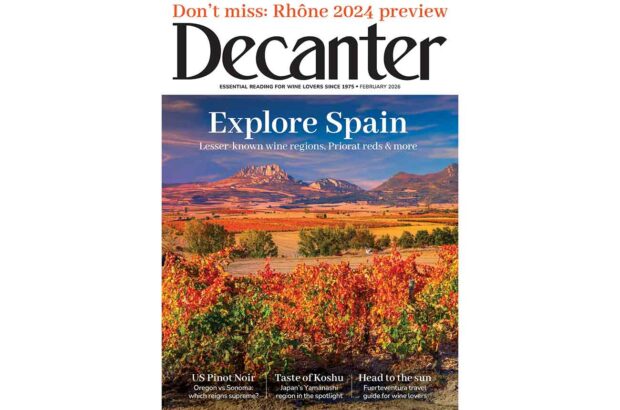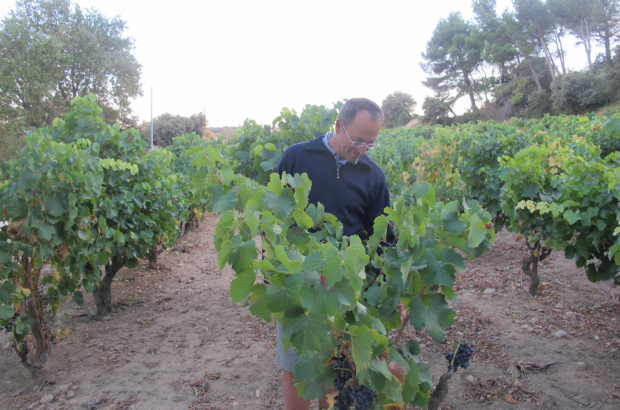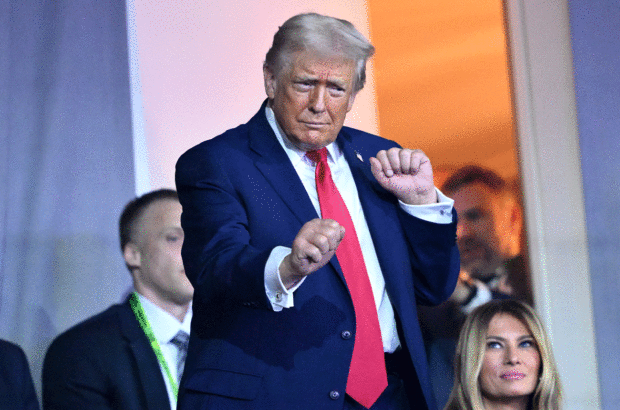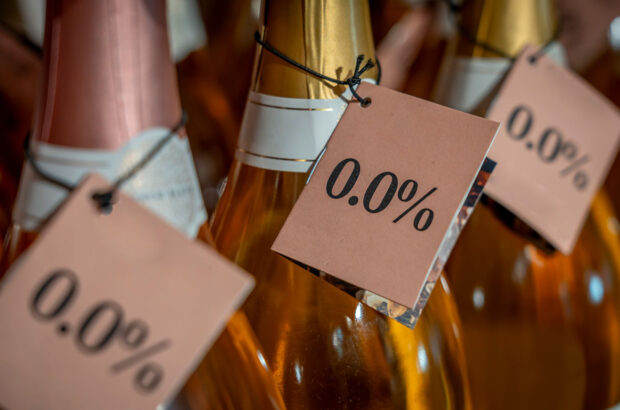By the end of this year, Champagne sales in the UK will have fallen by a third since the start of the recession, according to the latest figures.
Heading south? UK sales down by one-third
At the same time, sales of sparkling wine – mainly Prosecco and Cava – will have risen by over 50%.
According to analysts Mintel, over £1bn was spent in the UK on Champagne in 2007, while it forecasts that in 2012, that figure will have fallen to £690m.
Meanwhile, Mintel predicts, sales of sparkling wine will have risen by 55% from £465m in 2007 to £720m at the end of 2012.
Prior to the economic downturn Champagne was seen as aspirational and was associated with success, Chris Wisson, senior food and drink analyst at Mintel, told the Daily Telegraph.
‘People are looking to enjoy luxury in more accessible guises and at cheaper prices,’ he said.
‘Champagne now faces the very real risk of losing its strongest USP and association, with improvements in quality and the favourable price comparison of sparkling wine posing additional problems for Champagne brands.’
In March this year Champagne’s governing body the CIVC reported exports of 141.2m bottles in 2011, the second-largest volume ever achieved – the peak being 2007’s 150.7m bottles.
The biggest growth came from Russia (up 24.5%), China (up 19.4%), and Hong Kong (up 15.1%) – but the rate of growth slowed in the second half of 2011; these three markets between them still only account for 4.1m bottles.
The only two markets not to grow were Spain, which was fractionally down, and Britain, where the volume fell by 2.7% to 34.4m bottles.
Written by Adam Lechmere







